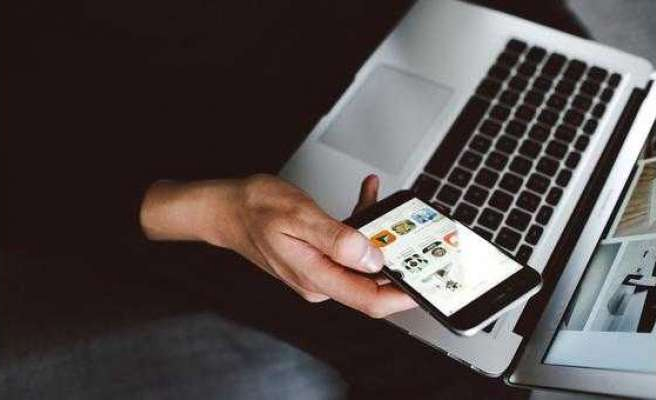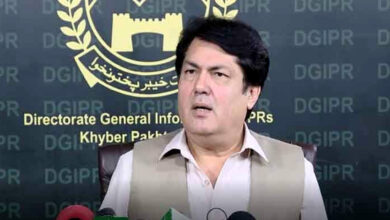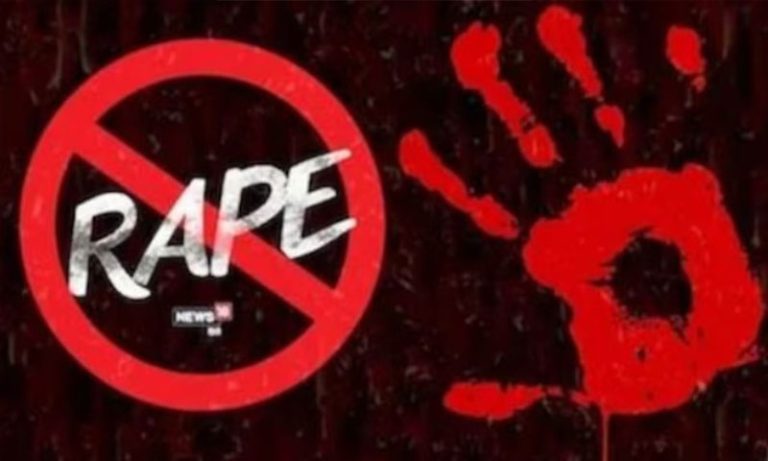Two-Thirds of People Share Unverified Information Online, UNESCO Survey Finds

Islamabad: According to a recent survey by the United Nations Educational, Scientific and Cultural Organization (UNESCO), 62% of digital creators worldwide do not verify the information they share on the internet before posting it.
This is the first-ever global survey by UNESCO aimed at understanding the working processes of digital creators. The survey involved 500 creators from 45 countries, with a research team from Bowling Green State University in the United States also contributing to the study.
Digital creators, also known as “content creators” on the internet, have become a major source of information dissemination in today’s world, and the information they share has a profound impact on their audience. However, the survey revealed that many creators struggle with determining the authenticity of the information they share.
When asked about the criteria they use to validate information, 42% of creators said they rely on the number of likes and shares a post receives on social media as an indicator of its credibility. Additionally, 21% trust content shared by their friends, while 19% judge the truthfulness of the information based on the reputation of its original author.
Despite these challenges, 73% of digital creators expressed a desire to learn how to verify information more effectively. Journalists could play a key role in assisting digital creators, but so far, there has been little collaboration between the two professions. Traditional media is still the third-largest source of information for digital creators, who tend to prioritize their own research and experiences over media content.
The survey also revealed a concerning lack of awareness among digital creators regarding their rights and international laws. 59% of creators were unaware of their legal rights, and only 56% knew about training programs designed to educate them. Furthermore, just 13.9% had actually participated in such programs. This lack of knowledge puts creators at risk of legal challenges and hampers their ability to defend their rights.
Around 32% of digital creators reported encountering hateful content, but only 20% had filed complaints about it. To address these gaps, UNESCO has launched the world’s first global training course for digital creators. The course, which has 9,000 participants from 160 countries, aims to equip creators with skills to verify information, promote credible content, and identify misinformation.
According to UNESCO, this course will play a crucial role in helping digital creators navigate the challenges of the digital world and promoting transparency in global information sharing.





